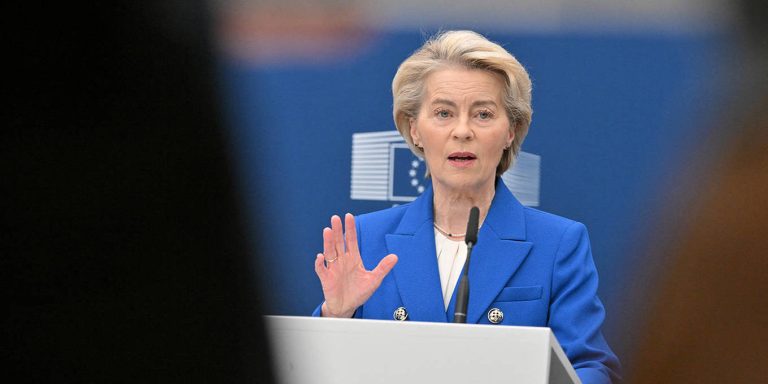
One couple took out a 40-year mortgage as a way to purchase their dream home and keep costs down.
The average rate for a two-year fixed deal is currently 6.83 percent, according to Moneyfacts and for five-year deals the average rate is now 6.34 percent.
With interest rates sky-high, many first-time buyers face extremely high mortgage costs.
Megan Crookes and Lewys Southwell turned to a longer-term mortgage as they wouldn’t be able to afford a property without one.
If they stuck to the usual term of 25 years, their repayments would be £1,682 a month, but if they pushed it out by an extra 15 years – 40 in total – then they would pay just under £300 less a month, at £1,384
The couple bought a three-bedroom house in the New Forest for £325,000 with a 10 percent deposit.
Although it helps to ease the pressure of the current mortgage crisis, the downside is they will pay a lot more in interest – and if their mortgage lasts 40 years the extra will be £212,404 – when compared with a 25-year term.
The couple is paying 4.84 percent for their five-year fix, which they arranged earlier this year before rates shot up.
Megan told iNews: “We knew that it would allow us to purchase a house that was large enough that we could live in it for the long term.
“At the moment it is just the two of us and our puppy, Winston, but we are lucky to have been able to buy a house that has plenty of space as and when we start a family.”
The couple’s plan is to overpay the mortgage as their salaries increase in the future as overpaying will mean they pay off the mortgage sooner and pay less interest.
There are many other people who are facing the same fate as the couple as the number of mortgage terms at 35 years or more has over doubled in the past five years.
Around 88,059 people chose these longer marathon mortgages – paying their homes off over 35 years – in 2022 compared with just 40,471 in 2018.
This works out as a 117 percent increase, according to Freedom of Information data from the FCA gathered by Quilter, the wealth manager.
Nick Mendes of brokers John Charcol said: “A concern for extended terms is for first-time buyers preparing adequately for retirement.
“We should be aiming for at least 15 percent to be paid into our pensions each month to ensure a comfortable retirement.
“By extending the term and putting more income aside to pay your mortgage or extend the term beyond state age pension will mean when it comes to retirement, pension pots won’t have had the time to increase.”
However, the mortgage crisis will only increase this trend, as the average two-year fix now sits at 6.83 percent.
Karen Noye, mortgage expert at Quilter, said: “For many people to realise the dream of homeownership or to simply obtain an affordable mortgage they have had to increase the term of their mortgage.
“While there are several risks to consider, a longer mortgage term does not always spell bad news. Certain types of mortgage products allow you to make overpayments which could help to make repayments past retirement age more manageable. Overpaying can also help to reduce the amount of interest paid by decreasing the overall term length.
“Where possible, it is always worth getting mortgage advice to make sure that you are doing the best thing for your finances as the cheapest deal is not always the most valuable, particularly over the long term.”







